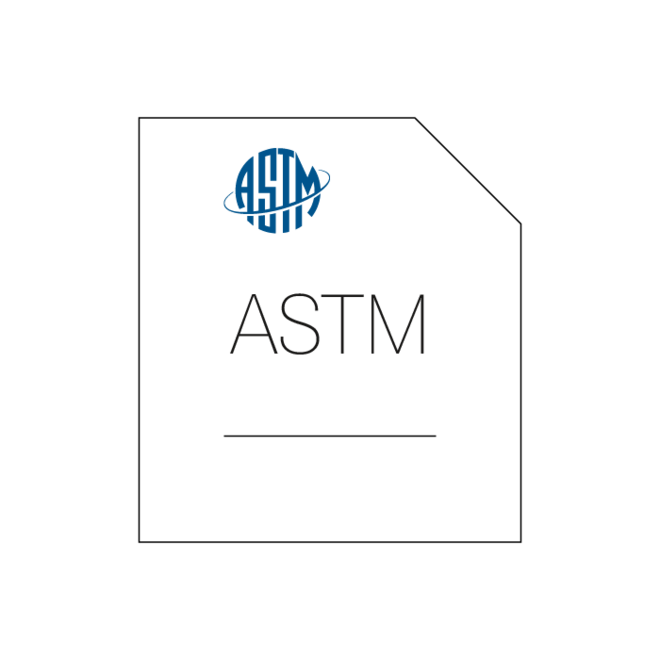Jetzt auswählen und bestellen
63,00 €
exkl. USt.
In den Warenkorb


Norm
ASTM C 150/C 150M
Ausgabedatum: 2011
Standard Specification for Portland Cement
1.1 This specification covers ten types of portland cement, as follows (see Note 2): 1.1.1 Type I - For use when the special properties specified for any other type are n...
Herausgeber:
American Society for Testing and Materials
Format:
Digital | 9 Seiten
Sprache:
Englisch
Aktuell Gültig:
ICS
1.1 This specification covers ten types of portland cement, as follows (see Note 2): 1.1.1 Type I - For use when the special properties specified for any other type are not required. 1.1.2 Type IA - Air-entraining cement for the same uses as Type I, where air-entrainment is desired. 1.1.3 Type II - For general use, more especially when moderate sulfate resistance is desired. 1.1.4 Type IIA - Air-entraining cement for the same uses as Type II, where air-entrainment is desired. 1.1.5 Type II(MH) - For general use, more especially when moderate heat of hydration and moderate sulfate resistance are desired. 1.1.6 Type II(MH)A - Air-entraining cement for the same uses as Type II(MH), where air-entrainment is desired. 1.1.7 Type III - For use when high early strength is desired. 1.1.8 Type IIIA - Air-entraining cement for the same use as Type III, where air-entrainment is desired. 1.1.9 Type IV - For use when a low heat of hydration is desired. 1.1.10 Type V - For use when high sulfate resistance is desired. Note 1 -Some cements are designated with a combined type classification, such as Type I/II, indicating that the cement meets the requirements of the indicated types and is being offered as suitable for use when either type is desired. Note 2 -Cement conforming to the requirements for all types are not carried in stock in some areas. In advance of specifying the use of cement other than Type I, determine whether the proposed type of cement is, or can be made, available. 1.2 The values stated in either SI units or inch-pound units are to be regarded separately as standard. The values stated in each system may not be exact equivalents; therefore, each system shall be used independently of the other. Combining values from the two systems may result in non-conformance with the standard. Values in SI units [or inch-pound units] shall be obtained by measurement in SI units [or inch-pound units] or by appropriate conversion, u ....(abbreviated)


